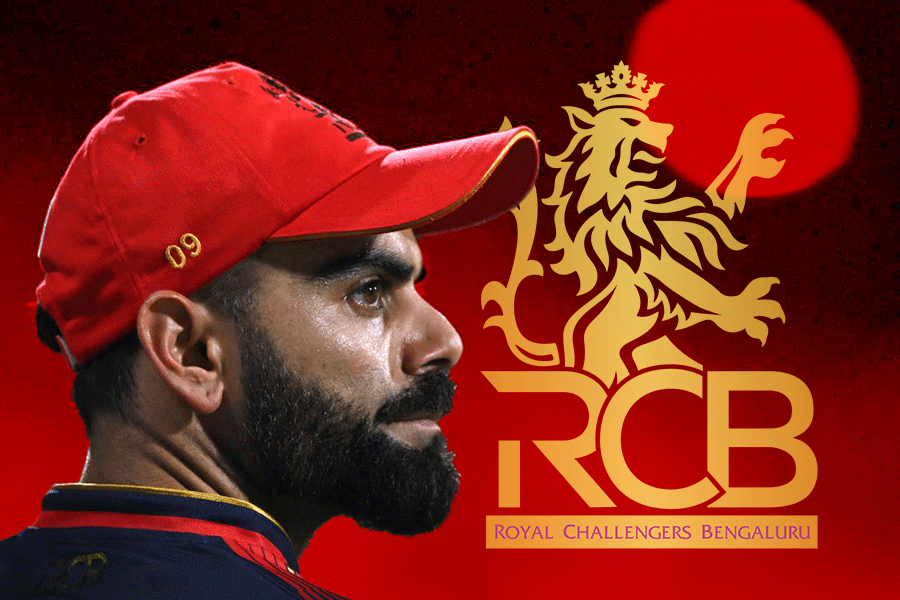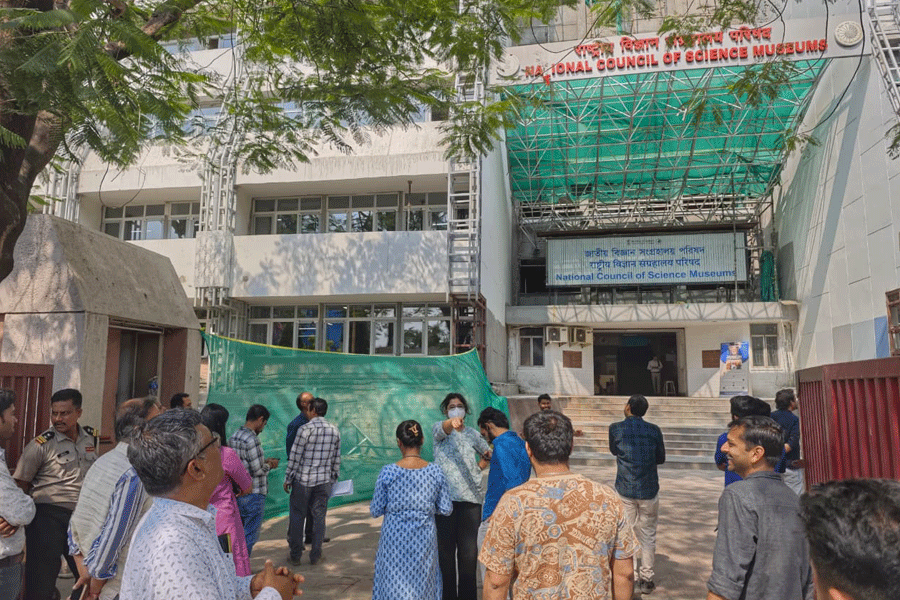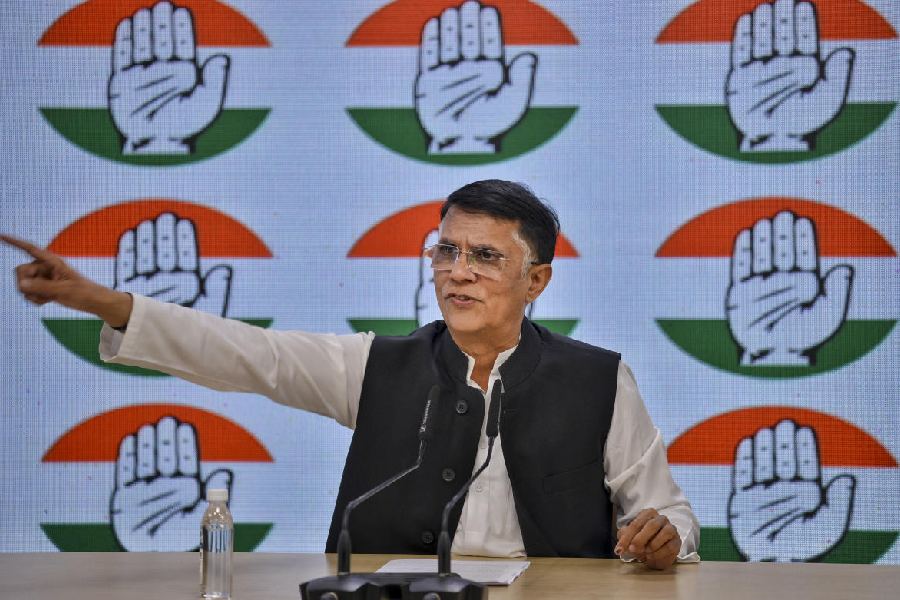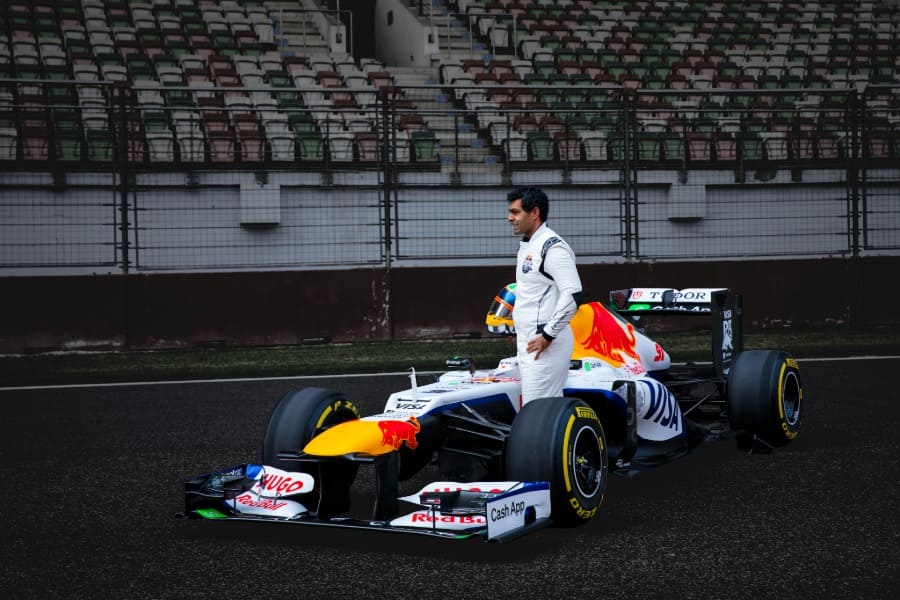Every Indian Premier League franchise has a story, but few have an identity as deeply intertwined with the personalities and philosophies of its custodians as Royal Challengers Bengaluru, a team which has been a reflection of its owners for the past 18 years.
Now, as reports of a potential sale by Diageo swirl just weeks after a historic IPL trophy, RCB stands on the precipice of its third great transformation.
The team’s journey can be divided into two distinct, almost contradictory, eras. The first was a spectacle of glamour, personality, and controversy. The second is a period of corporate stability and brand-building.
Now, the question on every fan's mind is: what will the third age of RCB look like?
The first age: The king of good times (2008-2016)
When the IPL was born in 2008, it was a marriage of sport and spectacle. No one embodied this union more perfectly than liquor baron Vijay Mallya.
Mallya, with his Kingfisher Airlines and globe-trotting lifestyle, acquired the Bengaluru franchise for $111.6 million.
He didn't just buy a team; he anointed it in his image. Royal Challengers Bengaluru, named after one of his flagship liquor brands, was an extension of the "King of Good Times" persona. The parties were as famous as the players.
This was the era of big names and big promises. From Rahul Dravid and Anil Kumble in the initial years to the explosive force of Chris Gayle and AB de Villiers, the team was never short on star power.
Yet, despite reaching the finals in 2009 and 2011, the ultimate prize remained elusive. The Mallya era was defined by a chaotic charisma — a team that could dominate any opponent on its day but lacked consistency.
The second age: The corporate takeover (2016-2025)
The transition was gradual, then sudden. As Vijay Mallya's business empire crumbled under the weight of financial scandal, British beverage giant Diageo, which had acquired a majority stake in Mallya's United Spirits Ltd. (USL), took the reins.
The flamboyant, personality-driven ownership gave way to the calculated, brand-focused strategy of a multinational corporation.
The change was palpable. The lavish parties receded. The owner's box, once a stage for Mallya's high-profile guests, became a more understated affair for corporate executives.
Diageo's approach was about stability, professionalising the franchise's operations, and leveraging the team as a powerful marketing platform.
Under Diageo, RCB became a more consistent contender, qualifying for the playoffs regularly. They built a powerful digital media presence, cultivating their massive and fiercely loyal fan base.
Virat Kohli, the one constant through both eras, became the face of this new, more professional RCB.
This era culminated in the moment fans had been dreaming of for 18 years. On June 3, 2025, RCB finally lifted the IPL trophy.
The third age: What lies ahead?
Now the story takes another turn. The reports of Diageo seeking a sale, potentially for a valuation as high as $2 billion, signal the end of the second age. If a sale materialises, what will the third age of RCB look like?
The identity of the next owner will define the team's next chapter. But for now, there are multiple possibilities.
For the fans, the "Red and Gold Army," this is a moment of both excitement and trepidation. They have been through the rollercoaster of the Mallya years and the slow-burn satisfaction of the Diageo era. They have remained loyal through heartbreak and now, triumph.











